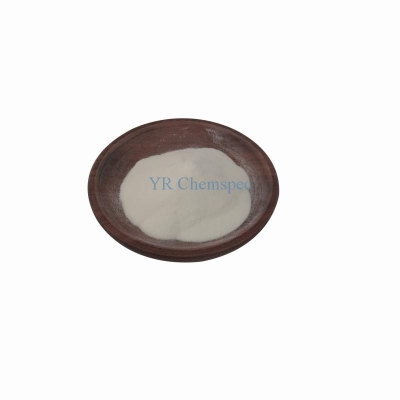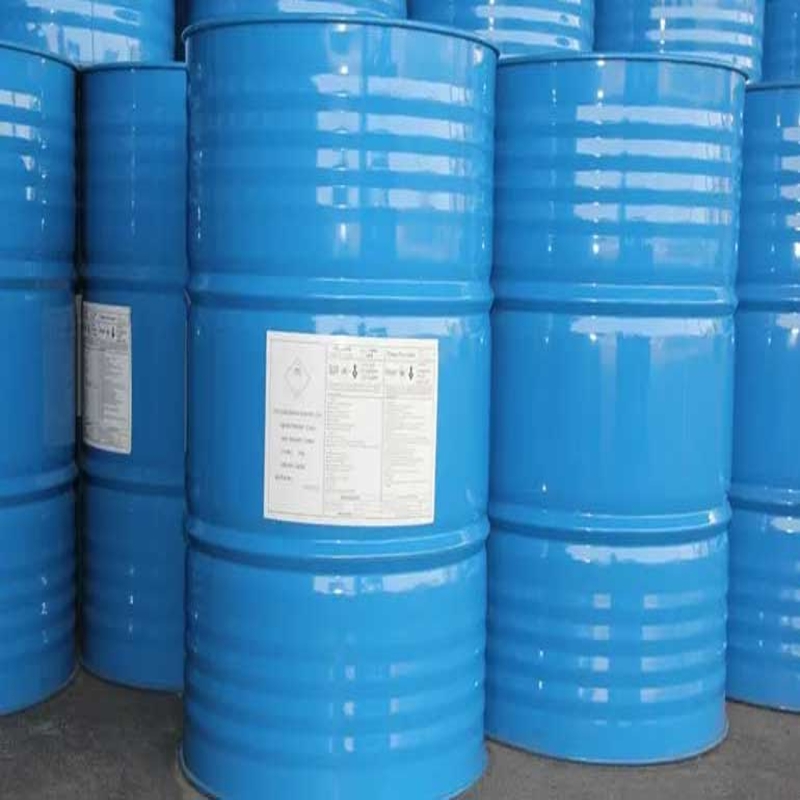-
Categories
-
Pharmaceutical Intermediates
-
Active Pharmaceutical Ingredients
-
Food Additives
- Industrial Coatings
- Agrochemicals
- Dyes and Pigments
- Surfactant
- Flavors and Fragrances
- Chemical Reagents
- Catalyst and Auxiliary
- Natural Products
- Inorganic Chemistry
-
Organic Chemistry
-
Biochemical Engineering
- Analytical Chemistry
-
Cosmetic Ingredient
- Water Treatment Chemical
-
Pharmaceutical Intermediates
Promotion
ECHEMI Mall
Wholesale
Weekly Price
Exhibition
News
-
Trade Service
Recently, Hyperdrive Innovation and OXIS Energy jointly carried out a project
specializing in the research and development of ultra-low temperature lithium-sulfur batteries.
The main purpose of the project, which is supported by the UK's Innovative Energy Catalysts Project, aims to develop a higher energy density battery by using innovative battery packaging technology and a new electronic control system, so that the battery can also be used
in Antarctic cold weather.
It is reported that the energy density of the new ultra-low temperature lithium-sulfur battery is higher
than that of other traditional batteries.
Through the ultra-low temperature lithium-sulfur battery project, the British Antarctic Expedition can add more independent scientific measurement process, without increasing transportation costs or exhaust emissions
.
OXIS Energy will develop an electrolyte for lithium-sulfur batteries that can operate at ultra-low temperatures; Hyperdrive Innovation will develop and launch a battery management system related to chemical agnosticism and a new battery packaging technology, and the above battery management system and battery packaging technology can also be compatible with or even exceed the current lead-acid battery solutions
.
As a new generation of battery technology, lithium-sulfur batteries have a much higher theoretical energy density than traditional lithium-ion batteries
.
So far, OXIS Energy has accumulated more than ten years of lithium-sulfur battery technology research experience
.
At present, the lithium-sulfur battery energy density developed by OXIS Energy can reach 300 watt-hours / kg, which is much
higher than that of lithium-ion batteries.
12Next View full article
Recently, Hyperdrive Innovation and OXIS Energy jointly carried out a project
specializing in the research and development of ultra-low temperature lithium-sulfur batteries.
The main purpose of the project, which is supported by the UK's Innovative Energy Catalysts Project, aims to develop a higher energy density battery by using innovative battery packaging technology and a new electronic control system, so that the battery can also be used
in Antarctic cold weather.
It is reported that the energy density of the new ultra-low temperature lithium-sulfur battery is higher
than that of other traditional batteries.
Through the ultra-low temperature lithium-sulfur battery project, the British Antarctic Expedition can add more independent scientific measurement process, without increasing transportation costs or exhaust emissions
.
OXIS Energy will develop an electrolyte for lithium-sulfur batteries that can operate at ultra-low temperatures; Hyperdrive Innovation will develop and launch a battery management system related to chemical agnosticism and a new battery packaging technology, and the above battery management system and battery packaging technology can also be compatible with or even exceed the current lead-acid battery solutions
.
As a new generation of battery technology, lithium-sulfur batteries have a much higher theoretical energy density than traditional lithium-ion batteries
.
So far, OXIS Energy has accumulated more than ten years of lithium-sulfur battery technology research experience
.
At present, the lithium-sulfur battery energy density developed by OXIS Energy can reach 300 watt-hours / kg, which is much
higher than that of lithium-ion batteries.
12Next View full article
12Next View full article






